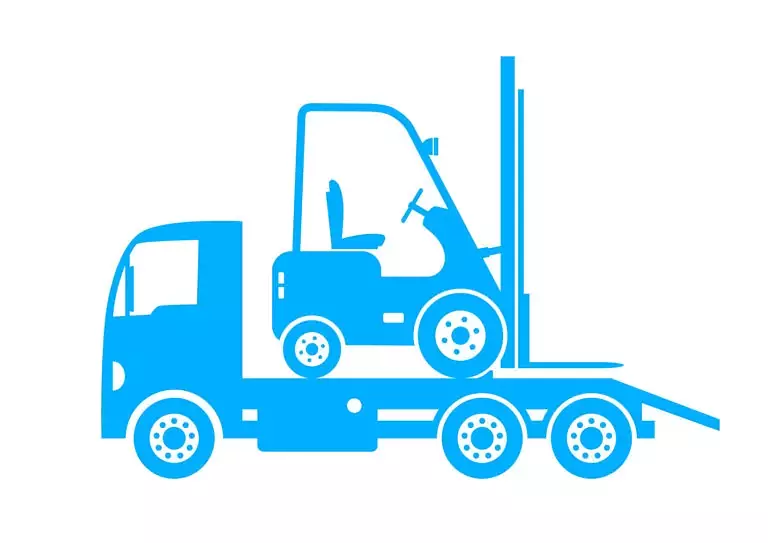 Is your company and warehouse in constant deliberation on whether it is time to replace and retire that old forklift? Sentimental value is priceless, but it may be cost effective to cut losses, minimize repairs and purchase a new forklift. When is it time to let that old and faithful forklift go for its last ride? Here are few tips to help you determine whether it is better to repair or replace that material handling appliance:
Is your company and warehouse in constant deliberation on whether it is time to replace and retire that old forklift? Sentimental value is priceless, but it may be cost effective to cut losses, minimize repairs and purchase a new forklift. When is it time to let that old and faithful forklift go for its last ride? Here are few tips to help you determine whether it is better to repair or replace that material handling appliance:
1) When Cost of Repairs Outweigh Cost of New Forklift
There comes a certain point where the wear and tear on any forklift often becomes more pricey than simply acquiring a new forklift outright. According to DC Velocity, maintenance costs are generally predictable for the first couple years of a lift truck’s life. But after a few years and several thousand hours of use, that figure will change dramatically and inevitably become quite costly. This is where the breaking point is often met. Generally, a younger forklift requires very little overhead in its juvenile stages.
However, that old forklift may become nuisance financially. As championed previously, a cost-benefit analysis of whether it is more economical to continue to repair essential parts which may cost thousands as opposed to purchasing a new forklift with warranties should be given the utmost consideration. More often than not, it is discovered that is more cost-effective to retire that resilient aged forklift and get a new appliance to get the job done. Sometimes not everything ages like wine.
2) The Transmission Fails
Generally a rule of thumb with cars and trucks is that when the transmission goes, so does the automobile. This is because in many cases when a transmission finally does fail, the vehicle is often aged and out of its powertrain warranty. Simply there are not enough miles left in the vehicle that it is worth replacing the transmission. This same narrative holds true with forklifts. As the transmission begins to slip and ultimately fail, it is time to consider moving on from that forklift and simply using that transmission money to put a down payment on a newer and fresher model.
3) Obsolete Technology
Generally, the older the forklift the less likely it has many of the featured technologies today that many operators are accustomed to. Older forklifts are primitive and generally bare-bones and basic to use. To some this may seem ideal and easy to utilize. However, there are many technologies integrated in today’s forklifts that make operation that much easier. First off, displays and dashboards are easier to read. Secondly, indicators and warning mechanisms are louder, crisper and sharper to the eye.
While these may seem like tedious advantages, they add up in precarious environments. Furthermore, today’s forklifts are more fuel-efficient, often longer-lasting in terms of battery power and may also boast cutting-edge braking and steering systems that may not be found in more archaic models. If your forklift features some obsolete technologies, it may be time to ride the wave of the future and retire that old salty dog.
